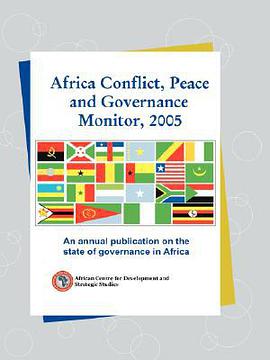

具体描述
One of the greatest, as well as the most debated, social policy ideas of the 1980s and 1990s was workfare. In Workfare: Why Good Social Policy Ideas Go Bad, Maeve Quaid delves into the definition and history of workfare, and then continues with a critical and comparative analysis of workfare programs in six jurisdictions: three American (California, Wisconsin, New York) and three Canadian (Alberta, Ontario, New Brunswick). Drawing from these case studies, Quaid develops an analytic model that illustrates how workfare falls prey to a series of hazards whereby good social policy ideas fail. Their demise, argues Quaid, begins with politicians with a zest for big ideas but little interest in implementation, continues with short-sighted policy makers, resistant bureaucrats, cynical recipients, flawed evaluations, and is completed by fleeting and fickle public attention for these news stories. Quaid's identification and analysis of these hazards is especially valuable because the hazards can also be applied to innovation in any area of social policy, such as health-care, education, pension plans, child-care, and unemployment insurance.
作者简介
目录信息
读后感
评分
评分
评分
评分
用户评价
相关图书
本站所有内容均为互联网搜索引擎提供的公开搜索信息,本站不存储任何数据与内容,任何内容与数据均与本站无关,如有需要请联系相关搜索引擎包括但不限于百度,google,bing,sogou 等
© 2026 book.wenda123.org All Rights Reserved. 图书目录大全 版权所有




















